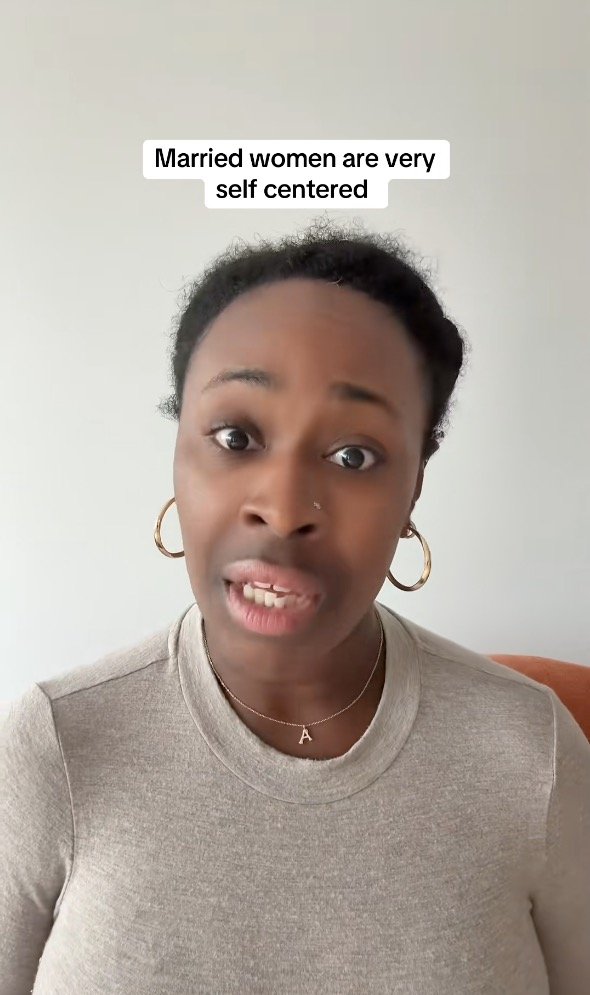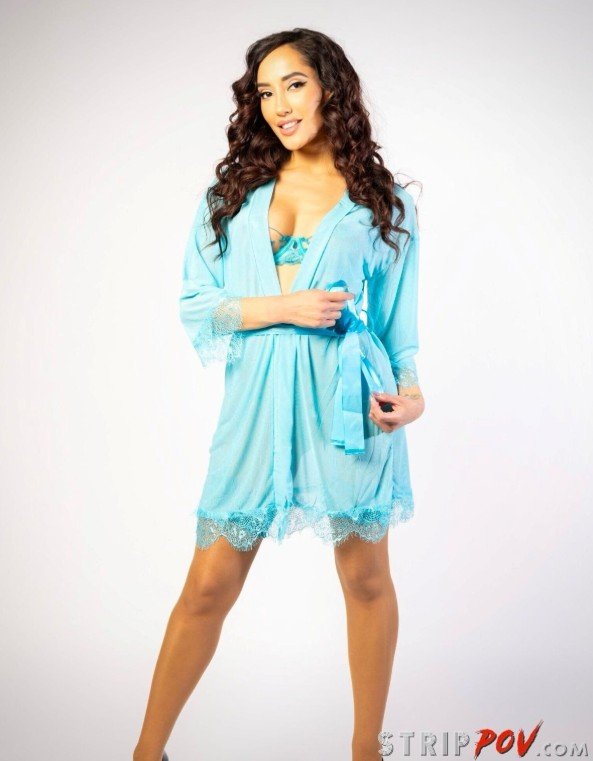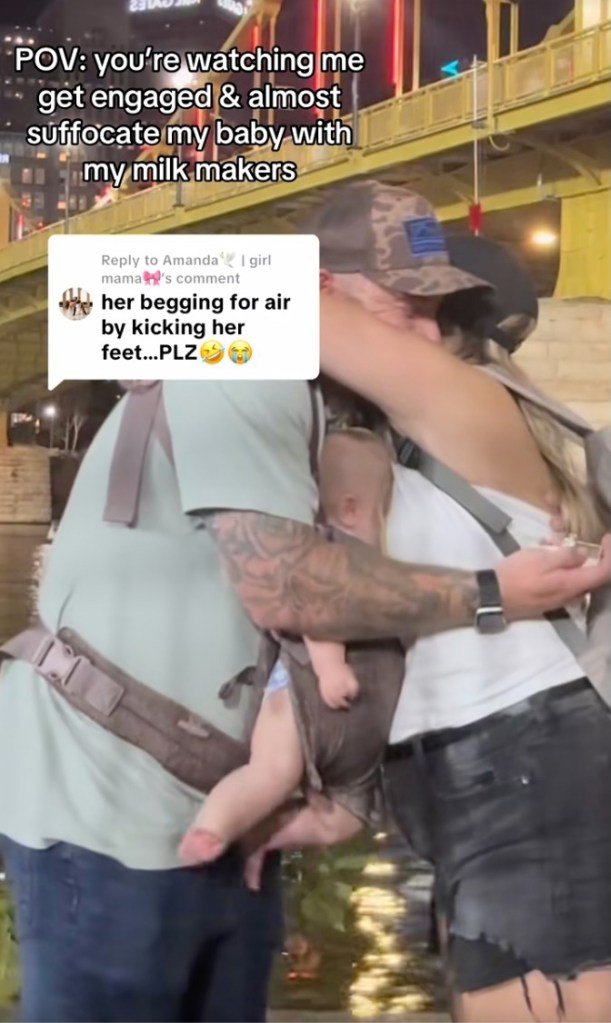An Interview with Heidi Reimer of The Mother Act

This post may include affiliate links, which means we make a small commission on any sales. This commission helps Feminist Book Club pay our contributors, so thanks for supporting small, independent media!
I’m the mother of a 9-year-old. I love her to bits. We are thisclose. She is my everything.
Except maybe not… everything? Because I’m also a book nerd. And an embroidery artist. And a yoga practitioner. I’m a student of the ukulele and of my very imposing sewing machine. And most important of all, I’m a writer.
Sometimes, making time for all of it in the face of my child’s boundless need feels impossible. I get frustrated and cranky. I feel as if the responsibilities of motherhood are holding me back. At the same time, there is nothing I want more than to be the mother of my child. She is creative and imaginative and sassy and so fully herself. When I look at her, it feels as if my heart will explode.
These feelings are not mutually exclusive. While they may seem to be at odds, both of them are equally true. I know this is the case for many mothers.
Three years ago, I wrote a piece for Romper called “Benign Neglect,” a tongue-in-cheek term I used to describe the ways in which I made time for myself in the midst of motherhood. The internet reacted exactly as you’d expect. There were those who thought I was a selfish she-demon. And there were those who felt seen. Then last year, Jennifer Garner started to describe her own parenting style as benign neglect, and I was interviewed for the New York Post. God, my life is weird. But again, folks reacted as before, a split between vitriol and understanding.
As I’ve written for this site in the past, motherhood is complicated, and the reverence we hold for it makes it more so. Those who don’t relate to or follow our culture’s vision of motherhood—seen by many as a calling for women—are branded monsters. The topic fascinates me, which is why I absolutely love books that complicate how we view motherhood. So when I learned of Heidi Reimer’s The Mother Act, I was psyched.
In The Mother Act, actress and feminist Sadie Jones buckles under the weight of new motherhood, eventually succumbing to her desperate desire to run away from it all. Years later, her daughter Jude comes upon the script for the one-woman show her mom wrote about her maternal rage, and it makes her feelings of abandonment sting all the more. When she attends her mom’s newest show as an adult—a show her mom wrote as a sort of mea culpa to Jude—it’s unclear whether the two will reconcile, or whether Sadie’s latest show will drive them further apart. The book flips back and forth between Sadie and Jude’s points of view, following two separate timelines, eventually bringing us to the moment in which Sadie chooses herself. Which woman will readers relate to more?
Here, I interview Heidi about the expectations around motherhood, the parts of ourselves we lose when we become parents, what we owe to others versus what we owe to ourselves, and more.
Note: edited for clarity and space.
I saw on your site that you identify as a feminist. What does it mean to you to be a feminist?
It was a long journey for me to claim that identity. Similar to Sadie, I came from a very conservative, traditional religious background. And feminism was very much like the scourge of humanity. It was a bad word. It was the cause of all the social ills in the world. And I embraced that wholly as a teenager.
But when I was in my late twenties, taking a women’s studies class, I wrote down, “I am a feminist.” And it was like, you know, waiting for the heavens to smite me. To be able to claim that as an identity for myself was a really big thing.
I’ve heard a lot of, “I’m not really a feminist. Being female isn’t really a big part of who I am. I’m just a human.” But for me, I had been defined from day one by the fact that I was female and that was going to dictate what I could and couldn’t do, and what was expected of me. So first, [feminism meant] claiming equality for myself.
And then, from there, it was about understanding the struggles of people of other even more marginalized identities. Like, I can listen to what they’re saying and say, “That hasn’t been my experience. And yes, I believe and understand you.”
Why do you think it is that we have such high expectations around motherhood, and what do we as a society lose in asking so much of mothers?
I think there’s a flattening effect and an oversimplification effect with these high standards. First of all, the expectation that most women will be or should be mothers. And if they don’t want to be, well, they’re going to change their minds, or they don’t really know their own desire.
And then, because motherhood is kind of on a pedestal and the expectations are high, if anyone’s individual experience doesn’t match that expectation, it’s very hard to be honest about that, or to even admit it to yourself. You feel wrong if you don’t give birth and feel immediate love and joy.
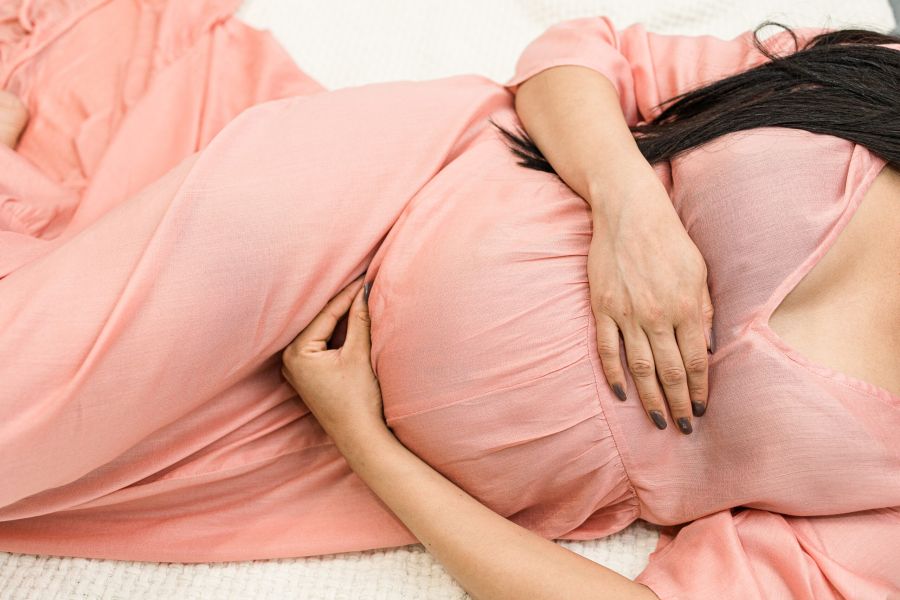
So, what we lose is an environment where individual honest experience can be acknowledged and expressed.
Why do we do that? Well, it’s very handy for society to have an entire class of citizens who do a whole heck of a lot of unpaid essential labor to raise the next generation. And it’s really inconvenient when a person starts saying that this thing that works for all of society doesn’t work for them personally.
Speaking of the things we lose, in The Mother Act, it’s pretty clear what Sadie fears she’ll lose in becoming a mother. And readers see how those fears are born out, to an extent, when Jude is still very young. How much does this mirror your own experience of early motherhood?
The imaginative scenario where a character walks out on that life, it did come out of my own life. And I do like to be honest about that because I don’t think that’s an unusual fantasy if your entire identity has been taken over by this thing that you might not wholly identify with. The shape of your days is completely different from how it used to be. All your freedoms are gone. You are constantly tethered to this human being who needs absolutely everything from you, and you might feel isolated and alone. So, it’s natural to think, “I want to go back to the life I used to have,” right?
And so where I went with that in my imagination was, “Okay, say I or a person did that… What’s the effect on my daughters?” And I was not able to go very far beyond that in my own imagining without considering the repercussions on them. But I understood women who come to the point where they say, “I can’t do this.” And they do leave, and that does happen.
I am interested in empathy. I’m interested in getting inside the skin of a human being. I’m not really interested in judgment. I’m just interested in, well, why and how would a person get to that point where they would carry through that action? And then what’s the opposite? What are the effects of that?
So yes, it did come out of my own struggles in early motherhood, and feeling silenced by the expectations of what I was supposed to be experiencing.
And there was plenty of joy and love. But I also definitely had feelings like I wrecked my life. I made a mistake. And this is in the intensity of the early times being, you know, thrown into this completely alien life.
I felt silenced. But I was sure I couldn’t be the only person who was feeling some of the things I was feeling. And I started putting it into a character who was a lot more brazen than I was, who would actually say some of these things.
I love how this book grapples with what we owe to others versus what we owe to ourselves. Could you speak a bit more to how you were able to so fully inhabit both of these characters, giving each of them the depth required to avoid villainizing one or the other?
I guess when I’m writing Jude, I’m in Jude’s shoes, I’m in Jude’s head, and I can fully enter into what that experience is, even as I am holding the duality of understanding who Sadie is and why she did the things she did.
And maybe it helps that they’re always in different timelines [most of Sadie’s scenes are pre-Jude, or with Jude as a newborn]. And what I was trying to do with this was to get to the point where, by the time Sadie leaves Jude, you are kind of on the side of Sadie. I wanted to do that to the reader. It’s so that you’re not sitting in judgment when she abandons her kid.
As a novelist, I am interested in entering into the complexity of what it is to be human. So, I wanted to get to the point where when she leaves, you’re kind of like, “Yeah.” Like, how can I take one of the most reprehensible things a woman could do and make it so that you can understand how a woman would get there?
There’s a scene near the end of the book where Sadie’s doctor suggests she has postpartum depression, and she completely blows up at him, demanding that he not pathologize her normal reaction to having her work… her identity… all those things taken away from her. Why do you think it’s our culture’s natural reaction to pathologize a response to motherhood that should be normalized?
I think it’s handy. I mean, postpartum depression is a thing. But I think pathologizing lets us almost maybe dismiss that individual person. It’s like, well, there’s something wrong with you. Not with the way we’ve set this up as a society. It’s an individual problem we can medicate. And maybe that is necessary for an individual. But if that’s just the answer across the board, it lets us ignore a wider problem.
Could you speak more to whether you think, culturally, we’re becoming more accepting of the type of mother who is like, “Yes, I am a mother, but I also contain multitudes”?
I like to think we’re making progress. Women are being more honest about their experiences across the board. People talk about menopause now in a way that a generation ago they didn’t. And with motherhood, we have this term “mom rage” that people use, and I think that’s part of acknowledging that it’s not all just mom love. It’s complicated. We don’t just become love robots who are selfless and don’t need anything of our own anymore.
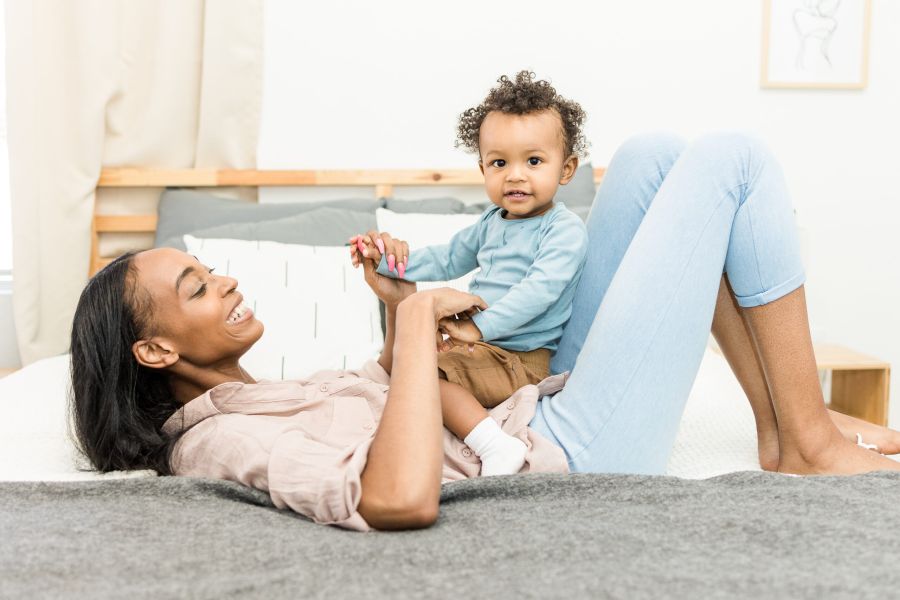
And something that’s helped me is knowing I’m modeling something for my own daughters, of a woman who has her own creative and intellectual fulfillment. Part of my struggle in becoming a mother was that my models were all women who were only mothers. It was what they were doing with their lives. And I didn’t have a model of somebody who combined being a mother with having another ambition.
So you feel like you’re blazing your own trail or you’re looking for those models. And, you know, I would find them in books and, eventually, I found them in real life. But especially when your kids are young, a lot of the mothering community you find is other women where this is what they are doing with their life, at least right now. Because it’s so all consuming.
Given the models you had growing up, how were you were able to retain all these other different parts of yourself?
I usually turn to books when I am grappling with a situation or a choice. And I read a book about how there’s more than one way to be a mother, and it’s okay. There’s the traditional mother who really is fulfilled by meeting the needs of her children. And there’s the “non-traditional” mother who needs something else for her own creative and intellectual fulfillment. And just having somebody articulate that, I knew what I needed for my own personal fulfillment and wellbeing. And I was afraid I was gonna lose that or I would be a bad mother and my children would suffer because I had these other needs. And so that was the permission I needed. And I could see that this was better for my daughters, for me to be doing something that fed me.
And I think if you don’t make that your priority, whatever it is for you, your thing that you need to be connected to in order to feel like yourself, there’s so much that will swamp in to take over all your time and energy. Like, it’s inconvenient for you to prioritize your own needs. It’s inconvenient in the household. So it was an important piece for me, to come to a place where I recognized and stood my ground for the value of this being a priority.
In your book, Jude is devastated when she reads the play her mother wrote all those years ago. What conversations have there been with your own children around your book?
I was definitely very conscious of that, of the meta aspect of, “I’ve written a book where the mother wrote about her child, and the daughter really struggles with that, and it really hurts her, and I do not want to recreate that experience.”
So I had a conversation with my daughters where I just asked, “Are you able to hold in your mind these two seemingly opposite truths?”
And one truth was that when I was in the depths of early motherhood and really struggling, I thought about what it would be like to walk out and reclaim my old life. That was something in my imagination that I never came anywhere close to acting on, but it was hard.
So, can you hold that and also hold the fact that I love you and I loved you and I wanted you in my life and I chose you and you are incredible human beings who I am so happy are in my life? Like, can you understand those two things?
They’re teenagers now. And one of them chose to read it and she loved it. And the other one has chosen not to read it. Maybe she will at some point in her life.
But my hope is that having it be an open dialogue is a better route than hiding from them.
I love to read books about mothers running away, and I also love books that are just completely honest about the realities of motherhood. What have been some of your own favorite books in this vein?
I actually did a book list for Electric Lit about mothers who leave. But one I really loved was The Forbidden Territory by Molly Lynch. It’s a bit dystopian. It takes place in a world where mothers have started to disappear mysteriously and it becomes this global crisis. It gets into some deep stuff around marriage and relationships and societal expectations on mothers.
And there’s The Lost Daughter by Elena Ferrante, and it looks honestly at what it’s like to be a person raising young humans and feeling like you’ve sacrificed like your entire life and identity and goals and dreams.
And Olga Dies Dreaming by Xochitl Gonzalez. That’s a good one, too. And it’s from the perspective mostly of the daughter. I was interested in the ways that parents and childhood and early conditioning and early experiences shape a human being and make you who you are. And then how you have to grapple with that and then try to come into your own self. What does that do to a human to have that primal wound?
Is there anything I’m not asking that I should be asking?
There are women who are not sure if they want to be mothers and who are being told to just do it… women who are not believed that they can know their own mind. And that can cause real doubt in you. But it’s about choices. It wasreally important for me to have that in the book. And this comes out in the character of Freya [Sadie’s former best friend]. She’s the one who really wants to be a mother. And that’s important to her. And she’s like, yes, it’s hard. But she’s embracing it. And that is valid, too.


 Anal Beads
Anal Beads Anal Vibrators
Anal Vibrators Butt Plugs
Butt Plugs Prostate Massagers
Prostate Massagers
 Alien Dildos
Alien Dildos Realistic Dildos
Realistic Dildos
 Kegel Exercisers & Balls
Kegel Exercisers & Balls Classic Vibrating Eggs
Classic Vibrating Eggs Remote Vibrating Eggs
Remote Vibrating Eggs Vibrating Bullets
Vibrating Bullets
 Bullet Vibrators
Bullet Vibrators Classic Vibrators
Classic Vibrators Clitoral Vibrators
Clitoral Vibrators G-Spot Vibrators
G-Spot Vibrators Massage Wand Vibrators
Massage Wand Vibrators Rabbit Vibrators
Rabbit Vibrators Remote Vibrators
Remote Vibrators
 Pocket Stroker & Pussy Masturbators
Pocket Stroker & Pussy Masturbators Vibrating Masturbators
Vibrating Masturbators
 Cock Rings
Cock Rings Penis Pumps
Penis Pumps
 Wearable Vibrators
Wearable Vibrators Blindfolds, Masks & Gags
Blindfolds, Masks & Gags Bondage Kits
Bondage Kits Bondage Wear & Fetish Clothing
Bondage Wear & Fetish Clothing Restraints & Handcuffs
Restraints & Handcuffs Sex Swings
Sex Swings Ticklers, Paddles & Whips
Ticklers, Paddles & Whips







